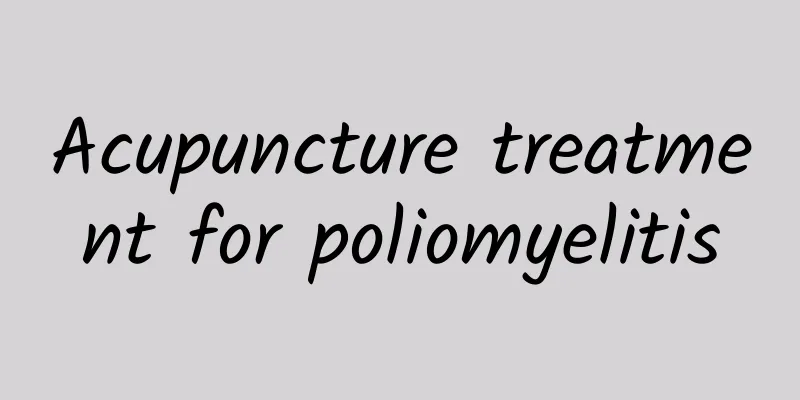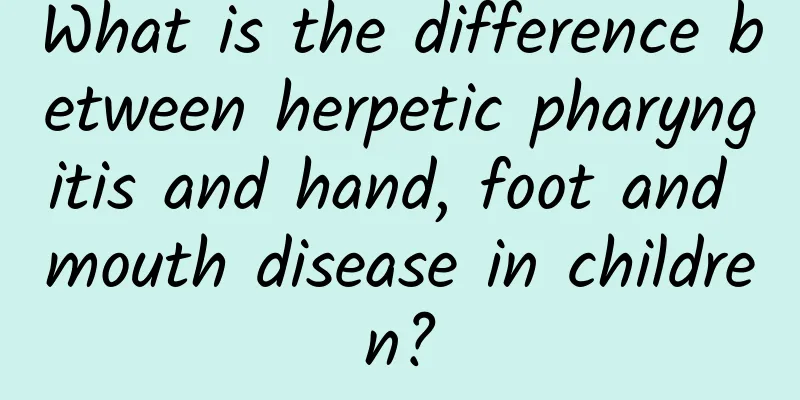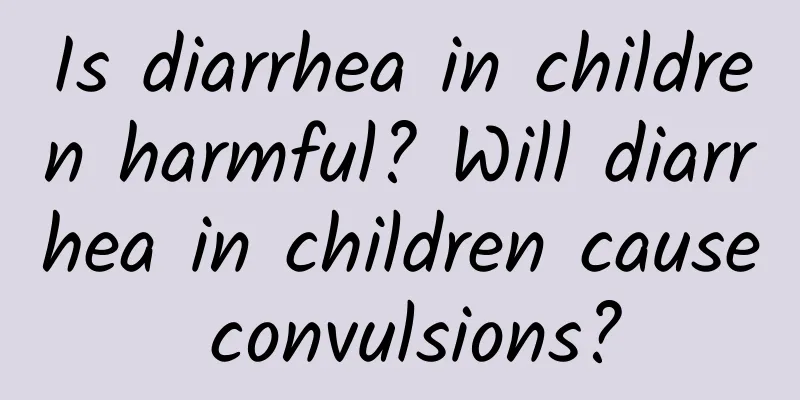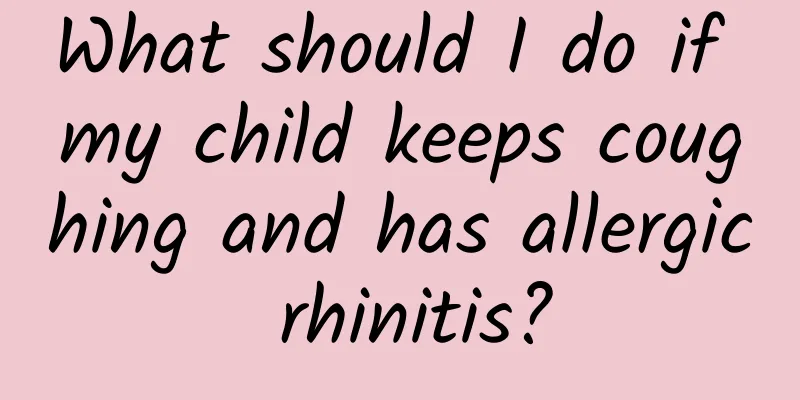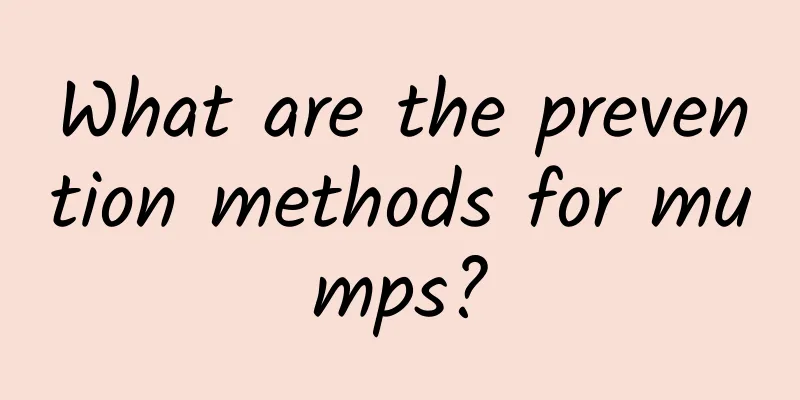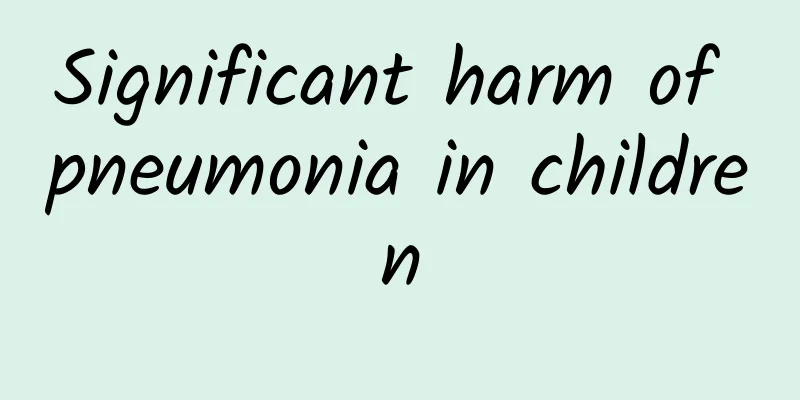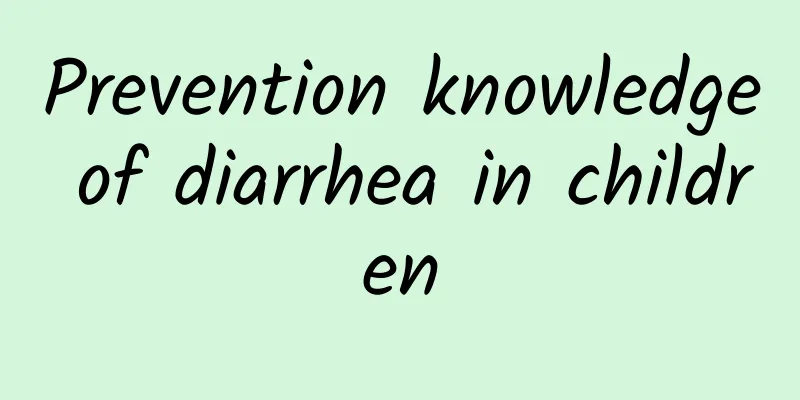What causes neonatal pneumonia? Does a baby's spitting of bubbles mean pneumonia?
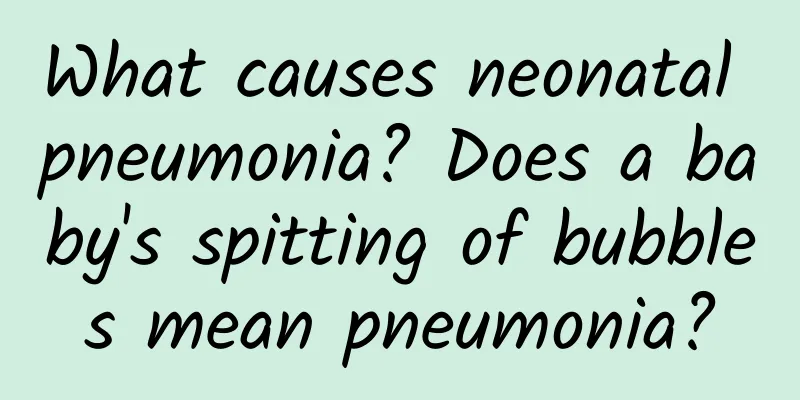
|
Neonatal pneumonia is a common disease in pediatrics. It is a general term for diseases caused by pulmonary inflammation or secondary infection caused by inhalation of meconium, amniotic fluid, etc. in newborns. Depending on the cause of neonatal pneumonia, it can be divided into neonatal infectious pneumonia and neonatal aspiration pneumonia. Neonatal pneumonia not only affects the respiratory function of the child, but may also be complicated by respiratory failure, psychological failure, etc., which is life-threatening. Next, let's follow Luo Haibiao, deputy chief physician of Shaoguan First People's Hospital, to learn about the causes and symptoms of neonatal pneumonia and other related issues. What is neonatal pneumonia? Neonatal pneumonia usually refers to infectious pneumonia of newborns. Infectious pneumonia can be transmitted from the mother to the child, such as inhalation of contaminated amniotic fluid or the mother's illness. It can be transmitted to the baby through the blood. If the mother is ill or has a fever during labor, or the child is born with premature rupture of membranes for more than 18 hours, these situations are prone to pneumonia. What causes neonatal pneumonia? Neonatal pneumonia is mainly caused by infection, which can be transmitted through the mother's blood or through contaminated amniotic fluid. When the child is born, inhaling infected amniotic fluid can also cause pneumonia. Children with blood-borne infection may not have symptoms immediately after birth, and other symptoms may appear gradually after birth. Does the baby's spitting bubbles mean pneumonia? If a baby spits bubbles, it does not necessarily mean he has pneumonia. Sometimes he is playing with his saliva, or he may play with bubbles if he has milk regurgitation. If the bubbles are accompanied by shortness of breath and hypoxia, then pneumonia is considered. Newborns with pneumonia must be hospitalized in time, because newborns with pneumonia usually show shortness of breath, foaming at the mouth, poor blood oxygen and even hypoxia soon after birth, so they must be hospitalized. If pneumonia is treated with standard treatment, the course of treatment is about one to two weeks. Timely treatment of neonatal pneumonia is very important. When neonatal pneumonia is diagnosed, appropriate drugs should be selected according to the cause of pneumonia. For example, infectious pneumonia requires antibiotics for treatment. At the same time, the neonatal respiratory tract should be kept open, and care and monitoring should be strengthened. If the child has obvious symptoms such as difficulty breathing, endotracheal intubation and mechanical ventilation can be given to assist breathing if necessary to avoid suffocation. |
<<: How to care for children with pneumonia? What are the symptoms of pneumonia in children?
>>: What are the dangers of jaundice in babies? Five dangers of jaundice in babies
Recommend
Can pneumonia in children heal on its own?
Whether pediatric pneumonia can heal itself depen...
How to recover from diarrhea in children? What should be paid attention to in daily care of diarrhea in children?
To promote the recovery of children with diarrhea...
What are the typical symptoms of hepatic osteodystrophy?
What are the typical symptoms of hepatic osteodys...
How to treat allergic cough in children? What medicine is good for allergic cough in children?
The most important thing for children with allerg...
How much can jaundice be reduced by 8 hours of blue light exposure
It is impossible to determine how much jaundice c...
How to treat breast milk diarrhea
How to treat breast milk diarrhea? The treatment ...
Are mumps and parotitis the same thing?
Are mumps and parotitis the same thing? 1. Mumps ...
What are the taboos for influenza? Several taboos for confirmed influenza
Taboos that are easily overlooked include: Eating...
What to do if your baby has eczema on his face? What are the treatments for eczema on your baby's face?
When eczema appears on the baby's face, the m...
What are the methods to control jaundice attacks?
What are the methods to control the onset of jaun...
What are the new dietary goals for Kawasaki disease?
What are the new dietary goals for Kawasaki disea...
What to do if your baby doesn't sleep well? What to do if your baby doesn't sleep well?
When the baby has trouble sleeping, parents shoul...
What should I do if my baby can't digest the milk powder? How should I use medicine for my baby's indigestion?
Since the digestive system of infants and young c...
Is pneumonia in children the same as pneumonia in adults? Is it contagious?
Pneumonia in children and pneumonia in adults are...
Is my baby's cough with phlegm caused by allergic rhinitis?
A baby's cough with phlegm does not necessari...

